Challengers. Challengers are the ones that change the world–and the field of literature is no exception. Take Franz Kafka, a troubled soul that confronted the norms of society and the standards of writing. In doing so, his name and his work were cemented in history. Or J. R. R. Tolkien, an avid environmentalist in an industrial time, a dreamer when a ‘true’ man couldn’t believe in fairy stories–now one of the most renowned authors of all time. And Suzanne Collins, who imagined a grim yet inspiring world; subsequently changing the face of YA. Challengers and changemakers overcome the hurdles of time, immortalizing their work in the canon of literature. Few have such a claim to defying the norm as Frank Herbert and his masterpiece: “Dune.” Right now, even fewer have such a claim to relevancy.
Set against the backdrop of the desert world Arrakis, Herbert’s tale follows the turbulent journey of a child named Paul Atreides. The universe’s cruel political machine sees Paul’s noble house murdered in cold blood with the survivors of the brutal attack fleeing into the wilds of Arrakis. Here Paul encounters the Fremen, an ancient desert tribe strangled by the colonialism and greed of outsiders for decades. Their land contains the most powerful substance in the universe–spice–the key to near-magical powers of space travel and computing. Joining the Fremen as one of their own, Paul begins to fight with them against their oppressors, the same evil imperial house that slaughtered his family.
Originally appearing as a standard hero’s journey, Dune later defies the trope and shows its, and Paul’s, true colors in a bombastic fashion. Settling into a Fremen family he begins to be haunted by prophetic visions as well as his own achievements. Those around him who were once his peers begin to revere him. All signs point to an ancient prophecy: the coming of a messiah, a man from beyond the stars to destroy evil. Pulled by the lure of this power and his lust for revenge Paul makes the choice to embrace his newfound role as a “hero,” the Lisan al Gaib Paul Muad’Dib, Prophet of Another World. Leading his now cult-like following of devoted Fremen Paul launches a crusade against the universe, crushing all that oppose him and letting billions die, including the Fremen he once called family. The universe now bent to his whim and those that betrayed his family dead, Paul rules. Those that followed him to power lay suffering or dead.
In the wake of filmmaker Denis Villeneuve’s two-part adaptation of Dune, the narrative is getting more attention now than ever before. The films capture the world of Arrakis in stunning detail, blending visual effects, sound and emotional performances in a fashion honoring Hollywood tradition as well as the original work. Both parts of the story have had exceptional performance in and out of theaters. Social media is abuzz with rave reviews for Dune: Part 2 earning an 8.9/10 on IMDB. It has quickly become a modern classic with many hailing it as the best and most daring sci-fi of our generation. Dune: Part 1 has recently experienced a resurgence as well. Released in 2021, the film has seen a massive uptick in streaming with the release of its sequel. The week of March 10, it clocked in as the second-most viewed program on all of television, behind only the breakout hit Shogun.
Aside from their incredible cinematography and action, one has to wonder what draws audiences to Dune? After all, many other franchises offer blockbuster action on an even grander scale, yet these films have seen only a fraction of Dune’s success. The answer lies in the heart of the story Herbert penned so long ago. There are no heroes in Dune. Paul is corrupted by his power, no better than his enemies, indiscriminately leaving masses to die. Interstellar politics leave the needs of the people unmet and treachery lies at every turn. Overbearing and full of rhetoric, leaders make empty promises and thrive on the unseeing devotion of their people. The planet of Arrakis dies due to the demand for its wealth.
Simply put, Dune has become an even more haunting reflection of our world than it once was.
Our world too is chock full of politics that don’t serve the people. It’s full of individuals claiming to be the savior of their country or their world. No matter where you live, or what beliefs you hold, it’s become hard to deny the corruption and misguidedness now crushing our political hierarchy. There are Pauls in leadership everywhere. There are lying heroes everywhere. Earth is exploited for its resources; its people killed in the pursuit of wealth and power. And yet, we all still seek a leader to change things. We seek a savior. We seek out the Pauls that have caused this destruction: blind to the flaws of those we put above ourselves, blind to their terrible intentions and the consequences of their actions. Power corrupts and reverence of that corruption leads to horrible atrocities. That is the real story of Dune, a story that resonates so closely with audiences now, not the tale of Paul and House Atreides.
Few can say it better than Herbert did himself in 1979, “The bottom line of Dune is beware of heroes. It’s much better to rely on your own judgment, and your own mistakes.” Villeneuve’s movies have introduced this message to a new demographic, and for that we should all be grateful. The next generation is coming of age in a world where it’s increasingly necessary for skepticism of our leaders. We need more challengers, not more Pauls. People who are changemakers, not those that try to change people. We need those willing to question, willing to think. We need people willing to challenge their leaders, willing to create new ideas, and willing to see the pitfalls of power over its allure. If these true heroes don’t arise out of the ashes, the sands of our time, the future may be as barren and hostile as Arrakis itself.
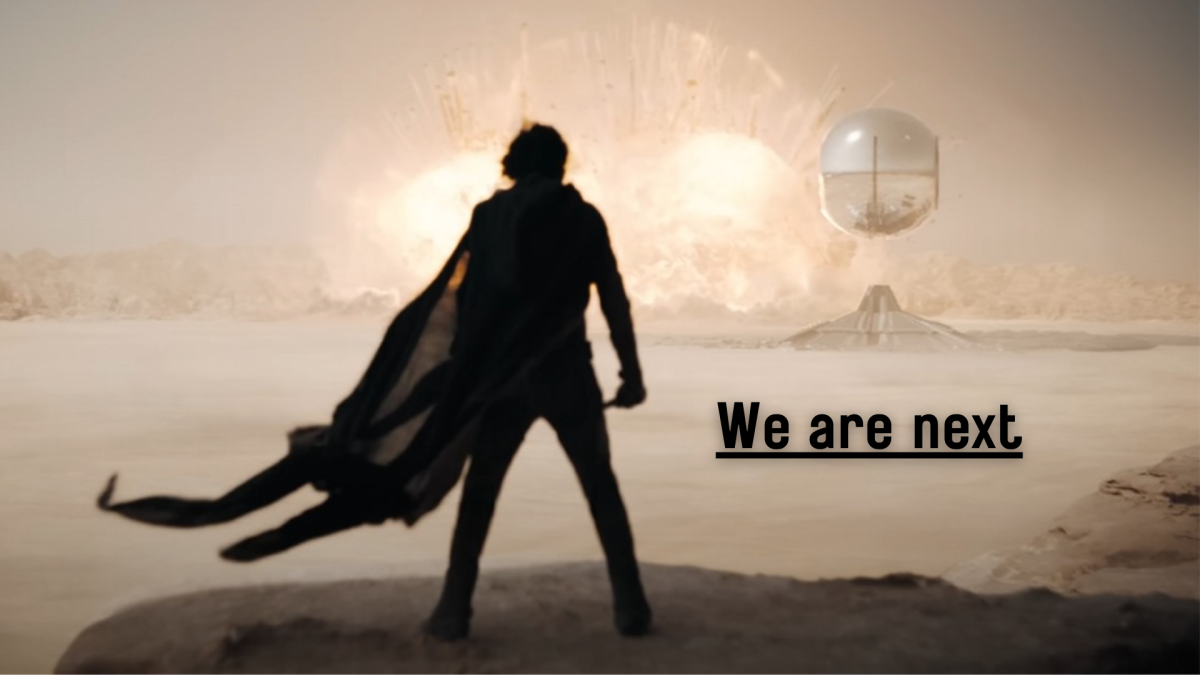
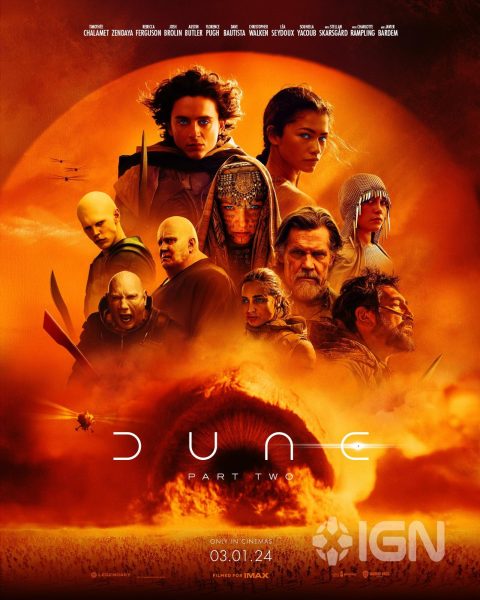

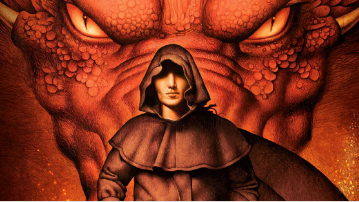
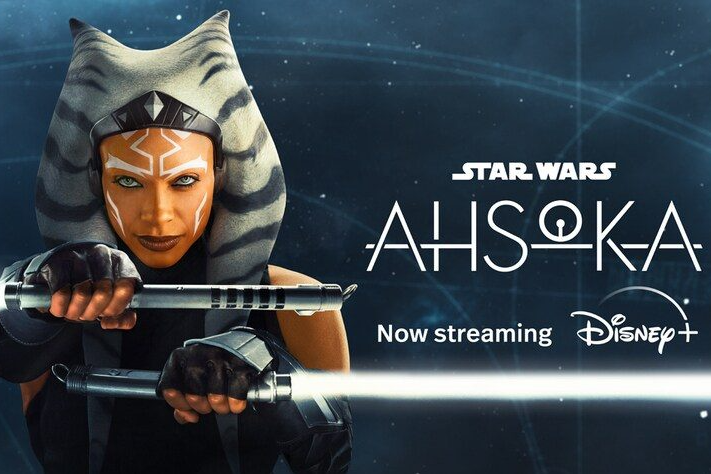
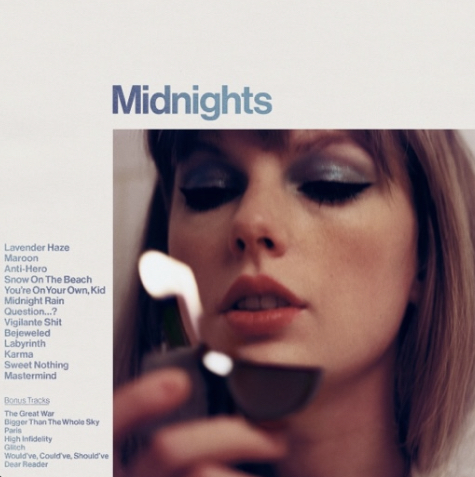

Richard Steiniger • Apr 17, 2024 at 4:54 pm
What a great synopsis of the Dune storyline. I am a Science Fiction junkie and loved the movie. I am anxious to see if there will be a another. Nice job with the article!